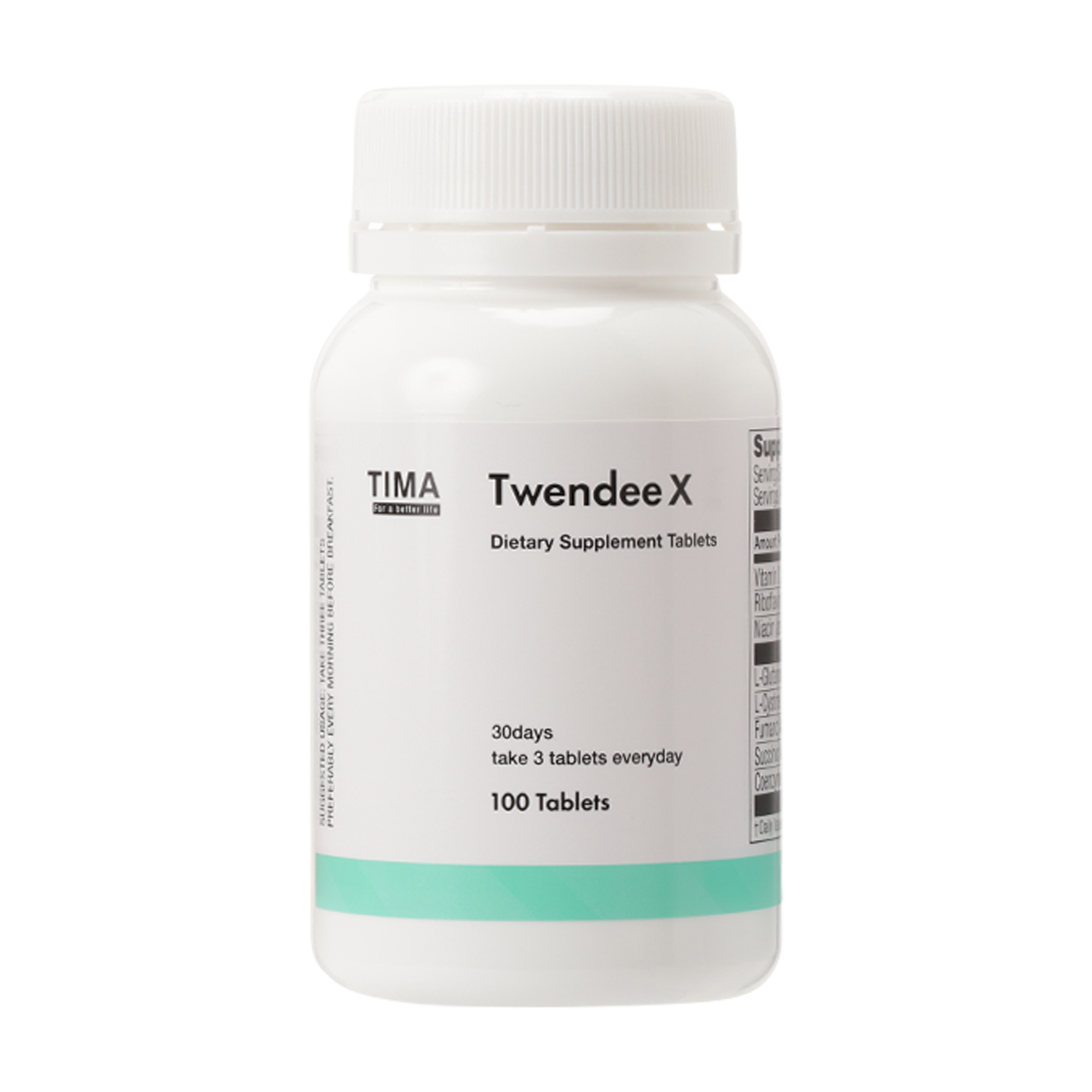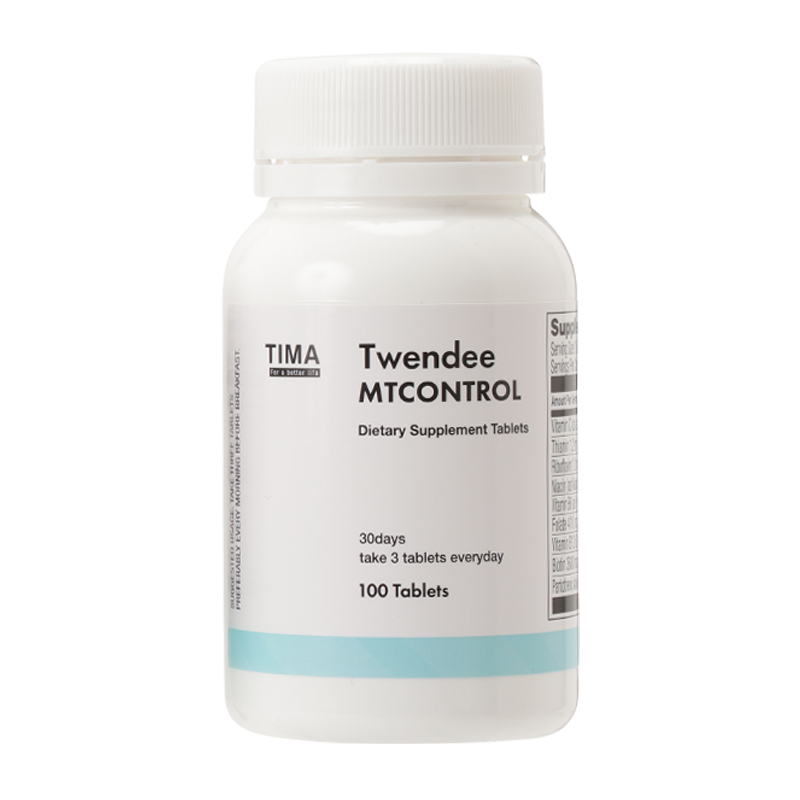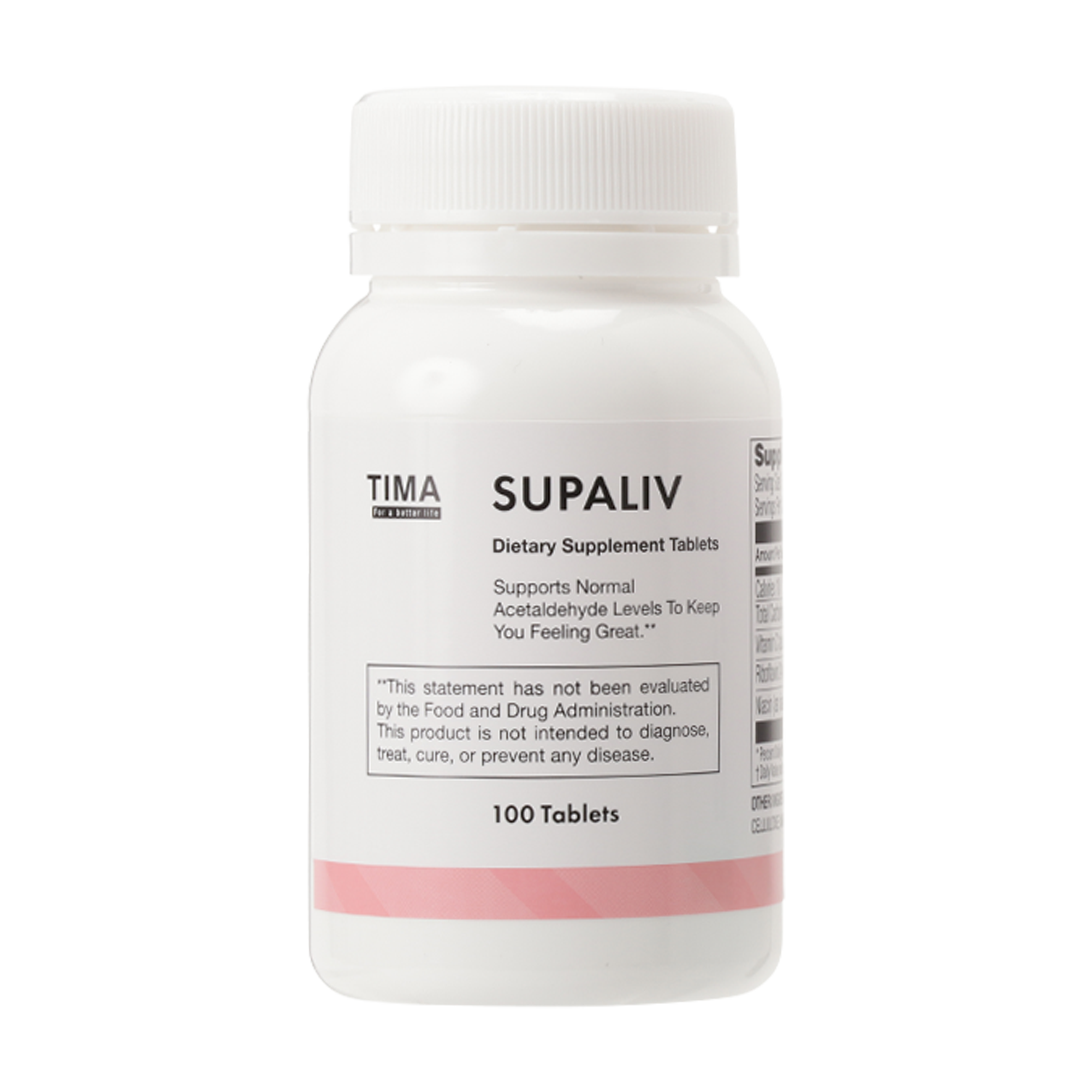Thesis on Oxidative Stress and "heart failure"
- Paper title
- Oxidative stress and cardiac hypertrophy: a review
- Abstract summary
- Oxidative stress is one of the key contributing factors in the development of cardiac hypertrophy.
- Authors
- S. Maulik, Santosh Kumar
- Journal
- Toxicology Mechanisms and Methods
- Semantic Scholar URL
- https://semanticscholar.org/paper/ed343d07918888add3065da364696e5ecf18b1fd
- Abstract
-
Cardiac hypertrophy (CH) is an adaptive response of the heart to pressure overload. It is a common pathological feature in the natural course of some major cardiovascular diseases, like, hypertension and myocardial infarction. Cardiac hypertrophy is strongly associated with an increased risk of heart failure and sudden cardiac death. The complex and dynamic pathophysiological mechanisms of CH has been the focus of intense scientific investigation, in an effort to design preventive and curative strategies. Oxidative stress has been identified as one of the key contributing factors in the development of cardiac hypertrophy. In this review, evidences supporting the oxidative stress as a cause of cardiac hypertrophy with emphasis on mitochondrial oxidative stress and possible options for pharmacological interventions have been discussed. Reactive oxygen species (ROS) also activate a broad variety of hypertrophy signaling kinases and transcription factors, like, MAP kinase, NF K-B, etc. In addition to profound alteration of cellular function, ROS modulate the extracellular matrix function, evidenced by increased interstitial and perivascular fibrosis. Translocator protein (TSPO) present in the outer mitochondrial membrane is known to be involved in oxidative stress and cardiovascular pathology. Recently, its role in cardiac hypertrophy has been reported by us. All these evidences strongly provide support to beneficial role of drugs which selectively interfere with the generation of free radicals or augment endogenous antioxidants in cardiac hypertrophy.








